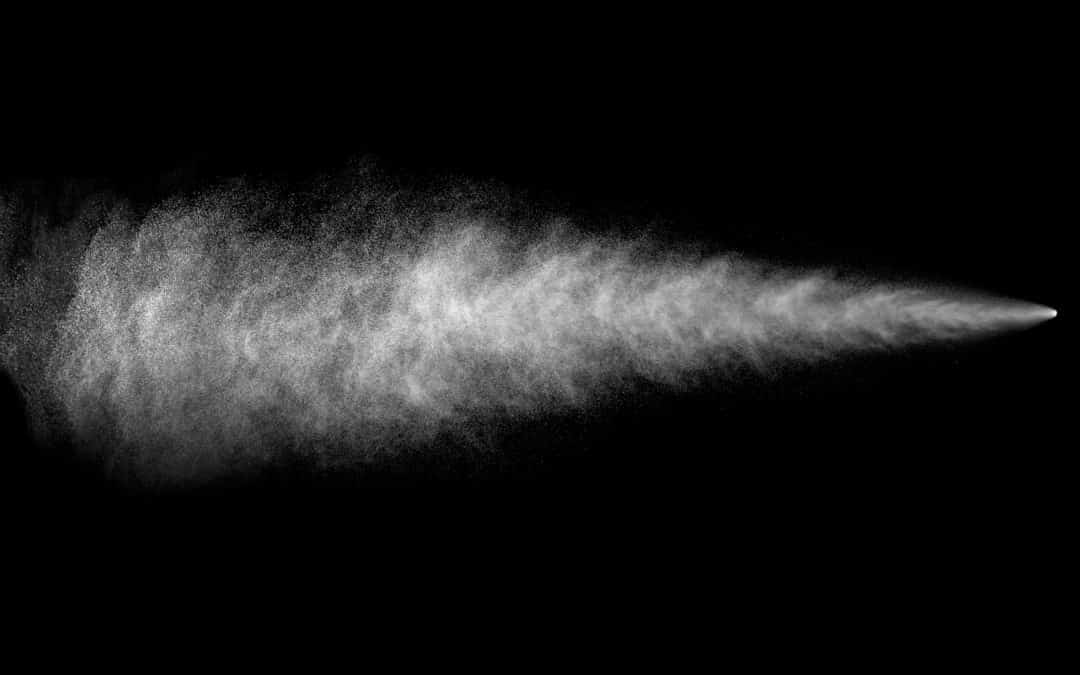Are inhalants addictive? It is hard to comprehend that inhalant abuse was the trend from the 1990s to the early 2000s. Although not as prevalent today, inhalant abuse remains a dangerous problem. In addition, inhalant abuse is a hazardous situation affecting a youthful population, who may not realize the physical and mental adverse effects of this abuse. Therefore, those who suspect their loved one is abusing inhalants must advise the addict to seek help immediately.
What are Inhalants?
Inhalants are household substances such as hairspray, glue, paint, and cleaning products with aerosol properties or strong fumes. The term for abusing these products is huffing. The desired effect of huffing is a euphoric high or psychoactive effect. So, are inhalants addictive? Yes, inhalant huffing is very addictive and highly hazardous to health.
There are four different classes of substances used as inhalants. It is difficult to understand, but considering these products’ availability, legality, and low cost may add insight. Not only are inhalants addictive, but they are also dangerous. For instance, consider the following examples of common inhalants:
- Aerosol Products: hair spray, vegetable cooking spray, spray deodorants, spray air freshening products, spray paints
- Gasses: freon, whipped cream using nitrous oxide, propane, lighter fluid, helium, and cleaning sprays for computers
- Solvents: felt-tipped markers, nail polish remover, paint thinner, fast-drying glue, correction fluid, degreaser
- Nitrites: liquid aroma or leather cleaners – not legally sold presently
Are Inhalants Addictive?
Are inhalants addictive? What begins as a whim or an experimental inhaling substance phase can quickly become a severe addiction. Inhalant addiction leads to serious health issues and disrupts normal lifestyle functions. However, there is no sound evidence to relate inhalant addiction to a physical dependence on substances. Instead, compulsive and addictive behaviors drive this type of addiction.
Signs and Symptoms of Inhalant Abuse
Clear signs and symptoms can initiate the question of inhalant abuse. As strange as it sounds to most people, inhaling substances, such as spray paint, can provide extreme consequences, and some may be irreversible damage. But, again, not only are inhalants addictive, the signs and symptoms of this abuse are physically and mentally apparent. Signs and symptoms of inhalant abuse can include the following:
- Chemical odors on clothing or breath
- Paint or chemical staining on clothing or skin
- Sores around the mouth and nose
- Behaviors that indicate intoxication or excitable, angry, or irritable mood
- Nausea and vomiting
- Depression, apathy, loss of appetite, insomnia
- The emptied containers from the inhalants, or rags with paint or chemical smells
Effects of Inhalant Addiction
Are inhalants addictive? Inhalants are very addictive. The effects of inhalant abuse are very similar to the effects of alcohol addiction. As inhalant addiction escalates and usage increases, the effects magnify to a dangerous level. Be aware of the following effects of inhalant abuse in determining if your loved one is addicted. The effects of inhalant abuse can include the following:
- Feeling dizzy or lightheaded
- Slurring of speech
- Loss of all inhibitions
- Loss of mood regulation
- Hallucinations or delusions
- Paranoia
- Impaired cognitive ability
- Weight loss
- Muscle weakness and loss of coordination
- Depression
- Psychotic behaviors
A decline in cognitive function is severe. Addicts exhibit tendencies toward impulsive behaviors. Difficulties can occur in the absorption of new information and short-term memory. Brain damage is a real possibility with inhalant abuse. Are inhalants addictive? The severe decline in cognitive abilities with long-term use proves them to be highly addictive.
The Extreme Dangers of Inhalant Abuse
Inhalation of dangerous substances not only can cause health issues, but this practice can also induce immediate death. In addition, chronic abuse can cause irreversible brain damage. Not only are inhalants addictive, but they can also lead to damage to the body’s major organs. These extreme physical impairments can ultimately result in death.
Mental impairments are severe effects of inhalant abuse. Hallucinations and delusions are extreme symptoms. In addition, lifestyle and relationships are in grave jeopardy through this type of addiction. The sooner the addict gets help for treatment and recovery, the better the chances are of suffering debilitating consequences. Are inhalants addictive? Yes, and it is imperative to seek help immediately for this addiction.
Treatment for Inhalant Addiction
The fact is, not only are inhalants addictive; detox is complicated. Therefore, it is crucial to seek professional treatment for detox from inhalants. Medically monitored detox can help to alleviate very uncomfortable detox symptoms. In addition, cognitive behavior modification therapy must ensue immediately after detox to prevent relapse. Symptoms of withdrawal from inhalant addiction can include:
- Severe nausea and vomiting
- Insomnia
- Tremors
- Seizures
- Hallucinations
- Sweating and rapid heartbeat
Cognitive behavioral therapy helps identify the addiction, avoidance behaviors, and learning coping skills for future sobriety. Relapse prevention is imperative. Building a trusting relationship with a therapist is the foundation for success. Family and group therapy are additional factors for increased recovery success. In conclusion, not only are inhalants addictive, but relapse also occurs at a high percentage.
Find Help for Inhalant Addiction in Tennessee
Detox West in Tennessee offers successful professional detox programs for inhalant abuse. It is difficult to involve a loved one addicted to inhalants to consider treatment, but our team offers assistance with constructive and helpful conversations to lead to treatment. Contact us for answers to your questions, concerns, and support. Find help now by contacting us choosing Detox West for inhalant detox.


